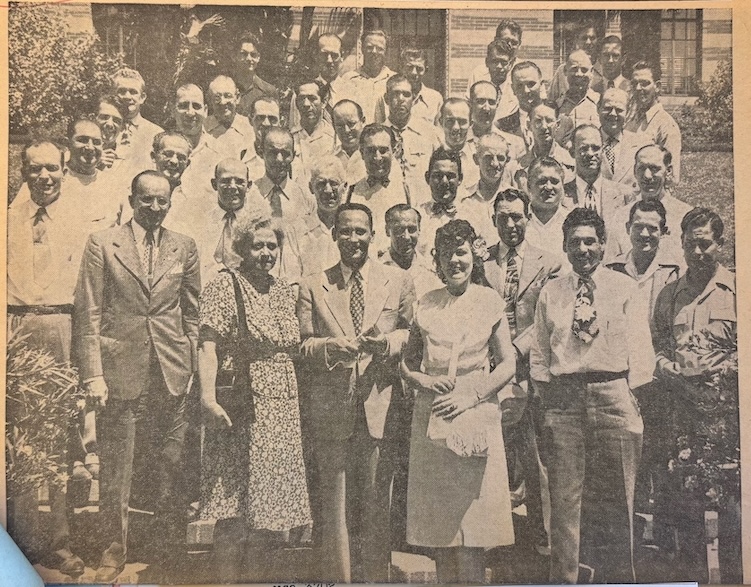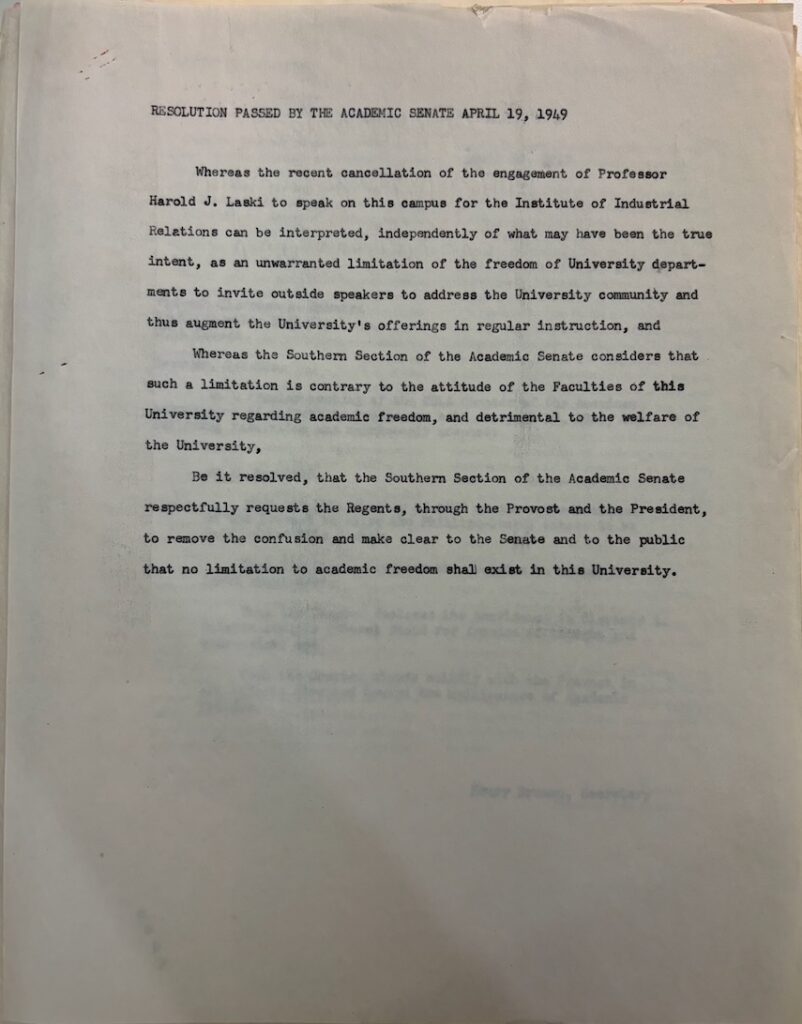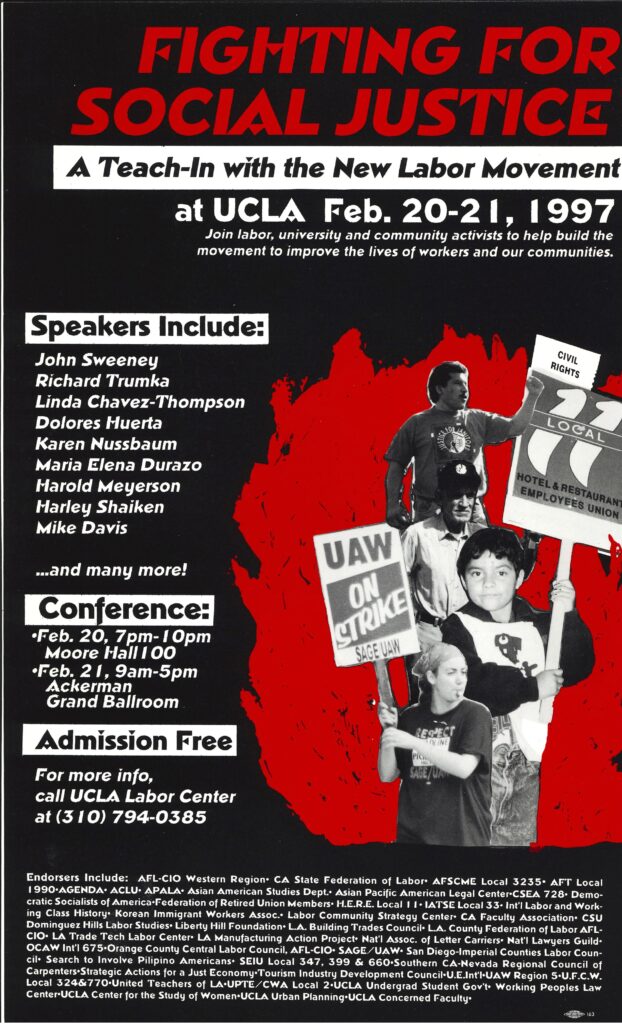As the Institute for Research on Labor and Employment (IRLE) approaches the 80th anniversary of its founding, we are diving into the archives to recover forgotten stories and personalities associated with labor research and education across the University of California.



Founded as the Institute of Industrial Relations by a 1945 act of the state legislature, the IRLE has long described itself as the creation of two great men–Earl Warren and Clark Kerr. Documents in the university archives, however, tell a different story. The origins of the Institute reach back decades earlier when academic researchers and organized workers came together to study the problems of modern industry, train the leaders of new unions, and broaden the scope of public higher education. These early advocates of what we call “labor studies” today were part of an international movement to empower working people and deepen democratic culture through popular education. In an era when fewer than 1 in 10 adults in the U.S. held a college degree, they challenged the prejudices of those who deemed working people unfit for higher education.
UCLA’s labor programs have a long tradition of community-based education and research. Even before the UC created Labor Centers at UCLA and Berkeley in 1964, researchers at UCLA’s Institute carried out action research projects and offered certificate programs on trade union leadership. They offered worker rights training in Los Angeles public schools, and organized discussions groups for working adults across southern California. In the 1970s, the UCLA Labor Center continued to offer classes for union members and launched a program focused on occupational safety for workers—the Labor Occupational Safety and Health program (LOSH)–that later became and independent unit within the Institute. In the 1990s the Labor Center organized training programs for Latinx and women labor leaders, carried out research on union revitalization, immigrant rights, and many aspects of public policy. Today, the IRLE’s research units carry this tradition of research and education for social change into a second century.
Revisiting the origins and development of labor studies at UCLA reminds us that the university as we know it today is not the only way to organize higher education, but the outcome of many human choices. Debates about the character of the student body, the nature of academic governance, and the distribution of public funding made the university what it is today, and labor studies scholars, practitioners, and advocates have been present from the beginning.
Reports
Workers’ Education and the Making of the Modern University (coming soon)
Remember This!
-
To ask for more would jeopardize what we have
Between 1933 and 1945, the University of California worked with California Department of Education and the California Federation of Labor to offer workers’ education course through the University Extension. Known first as the Western Summer School for Workers, then as the Pacific Coast School for Workers, and finally as the Pacific Coast Labor School, the…
-
Western Summer School for Industrial Workers, 1933
In the summer of 1933, California union organizers, state education officials, and the University of California Workers’ Education program collaborated on the first Western Summer School for Industrial Workers. Later renamed the Pacific Coast Labor School, the Western Summer School was an important forerunner of the University of California Institute of Industrial Relations that was…
-
Workers and Students: Imperfect Allies
In this 1928 essay, union organizer Sadie Goodman gives advice to middle-class college students who want to help workers. An immigrant who left school after the sixth grade to work in garment shops, Goodman became an organizer with the Amalgamated Clothing Workers of America. She attended labor college programs in the early 1920s, but was…
